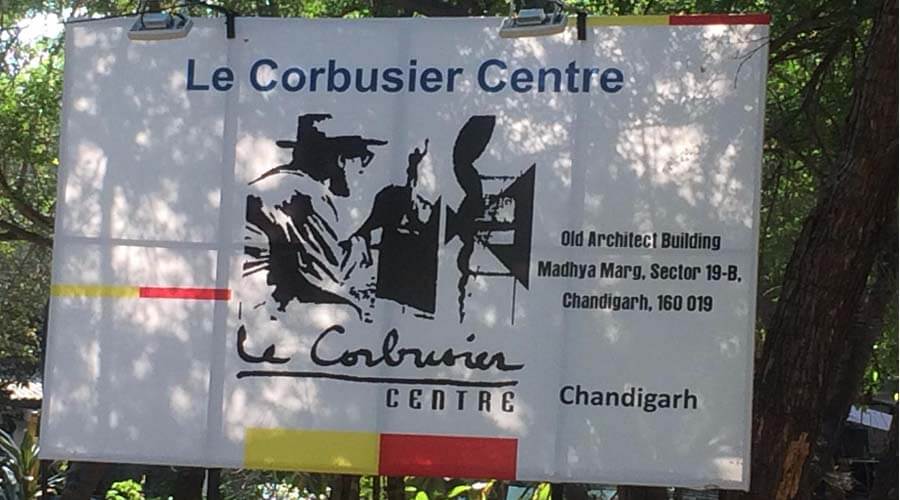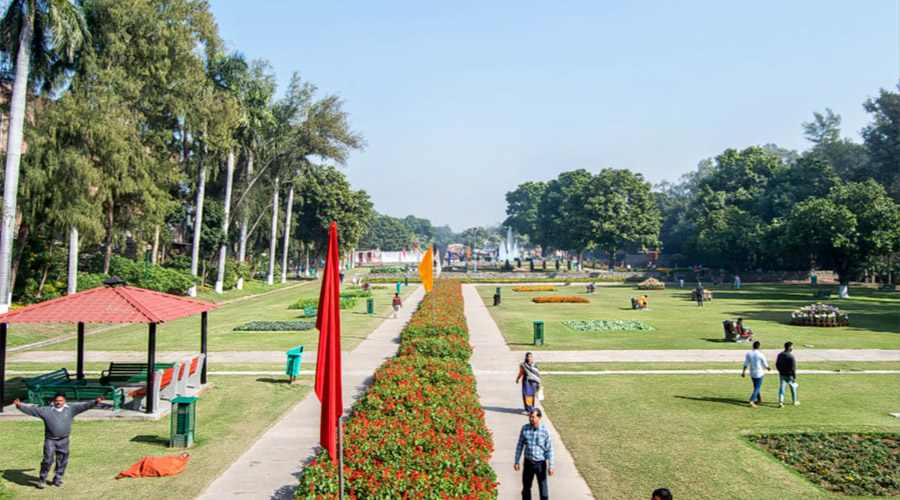Le Corbusier Centre is a dedicated museum and cultural space located in Sector 19-B, Chandigarh, India, established to honor and preserve the legacy of the renowned architect and urban planner Le Corbusier, who, along with his cousin Pierre Jeanneret, designed and planned the city of Chandigarh in the 1950s. The Centre stands on a historically significant site where Le Corbusier and his team conceived many of the urban designs for Chandigarh, making it a landmark of immense architectural and cultural importance.
Le Corbusier is recognized as one of the most influential architects and urban planners of the 20th century. His vision for Chandigarh was to create a modern city symbolizing the spirit of independent India under Prime Minister Jawaharlal Nehru’s leadership. The city was conceived with modernist principles, embedding ideas of functionalism, simplicity, and harmony with nature. The Centre thus serves as a tribute to his pioneering approach, showcasing archival materials, paintings, photographs, furniture, and documents related to his work on Chandigarh and his broader architectural contributions.
The museum itself is housed in the old Architects’ office building, one of the earliest structures in Chandigarh, thus providing an authentic atmosphere connected to the historical context of the city’s planning phase. Its architecture reflects Le Corbusier’s trademark utilitarian minimalism, with a simple yet functional design that underscores sustainability and early modern green architectural principles. The building is complemented by its outer lawn, which is adorned with modern sculptures and installations reflective of the modernist aesthetic.
Inside the main gallery, visitors can explore the extensive collection of photographs, models, sketches, and furniture, including pieces designed by Le Corbusier and Pierre Jeanneret. These exhibits provide insight into the intricacies of Chandigarh’s urban planning and the architectural innovations at work. Additional smaller galleries and rooms display artifacts and documents shedding light on the process of the city’s conceptualization and construction. The Centre also hosts lectures, art workshops, and cultural events, contributing to an ongoing discourse on architecture and urban planning connected to Le Corbusier’s vision and legacy.
Le Corbusier Centre not only celebrates the architectural genius of Le Corbusier but also acts as a repository of Chandigarh’s unique place in India’s post-independence history, representing a bold new direction in urban development. Visitors to the Centre gain an understanding of how Chandigarh stands as an exemplar of modernist architecture globally—integrating functional design with the social and cultural needs of a growing nation.
For practical visitor information, the Centre is open Tuesday to Sunday, from 10:00 AM to 5:00 PM, with a nominal entry fee for adults and free entry to children below 18 years. It is considered a must-visit heritage site for those interested in architecture, urban history, and the cultural evolution of modern India.
In summary, Le Corbusier Centre is a uniquely significant cultural institution preserving the vision and works of one of modern architecture’s great pioneers, particularly highlighting his monumental role in designing Chandigarh. It stands as a symbol of the fusion of architectural innovation and visionary urban planning, integral to India’s journey into modernity.



